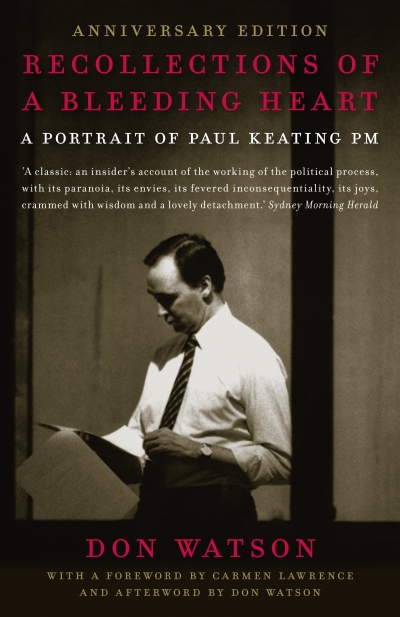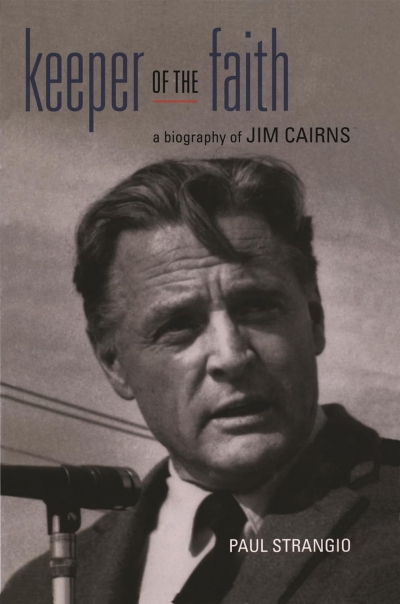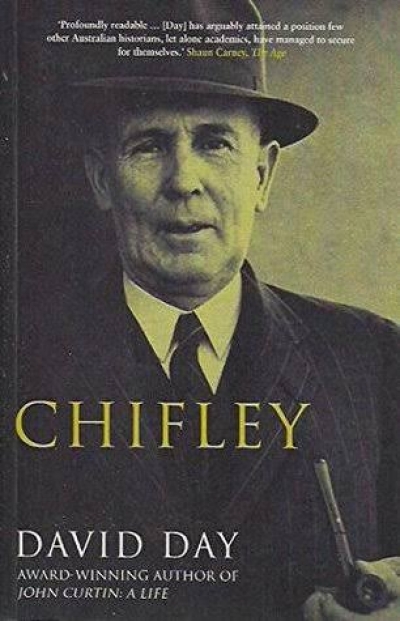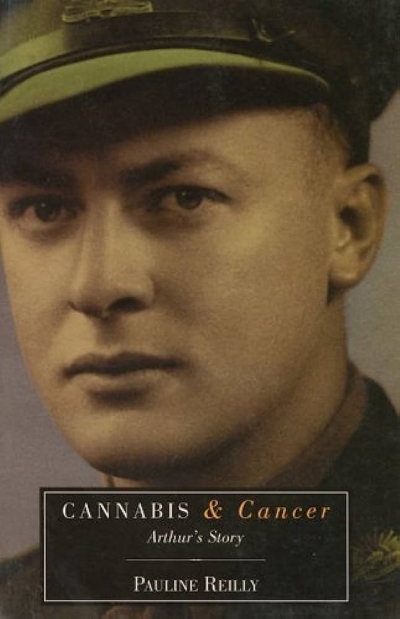Biography
Recollections of a Bleeding Heart: A portrait of Paul Keating PM by Don Watson
by Neal Blewett •
Keeper of the Faith: A biography of Jim Cairns by Paul Strangio
by Gideon Haigh •
Cannabis and Cancer: Arthur’s Story by Pauline Reilly
by Michael McGirr •
A Wealth of Women by Alison Alexander & Eating the Underworld by Doris Brett
by Joy Hooton •










